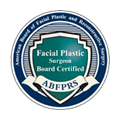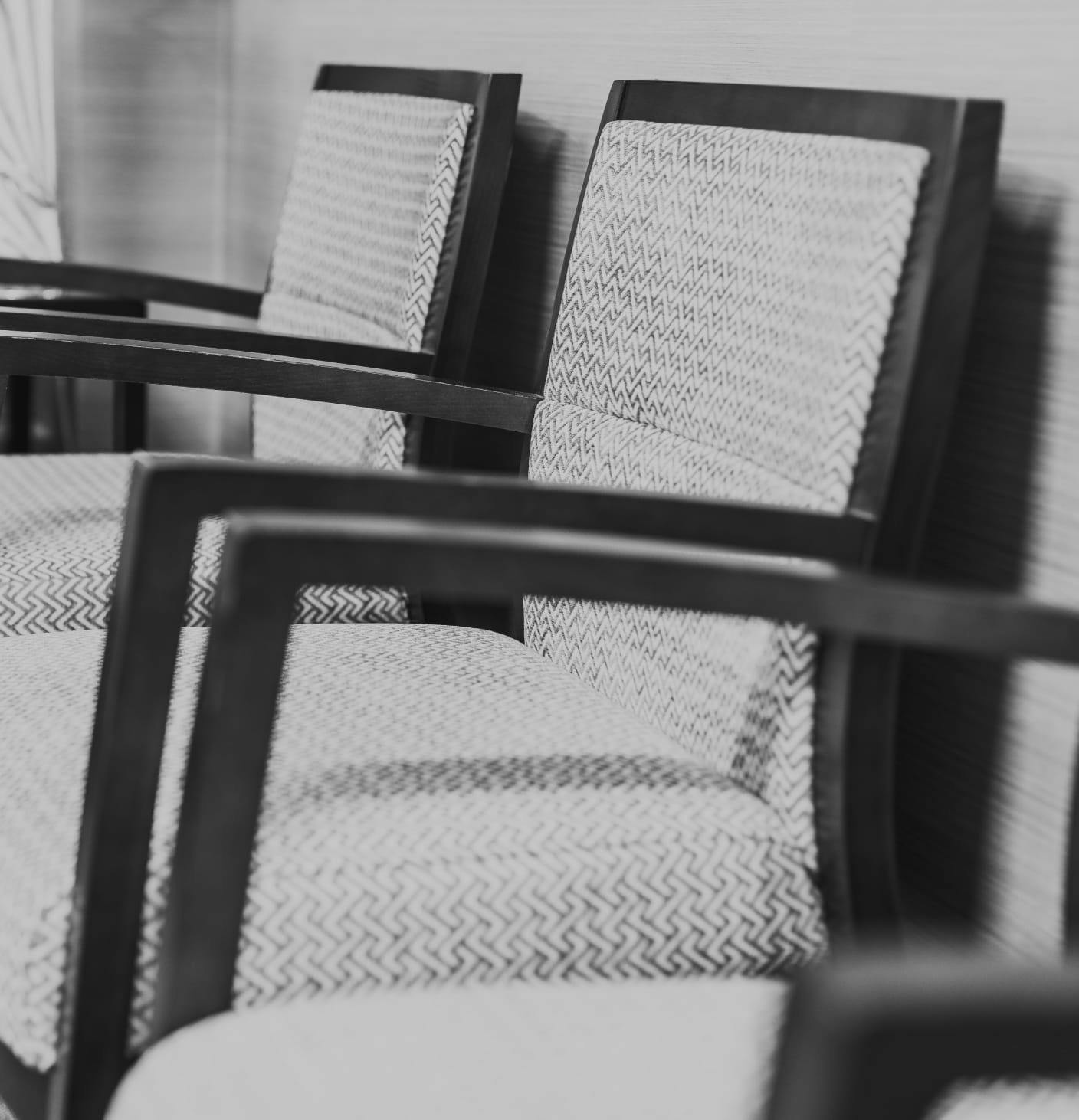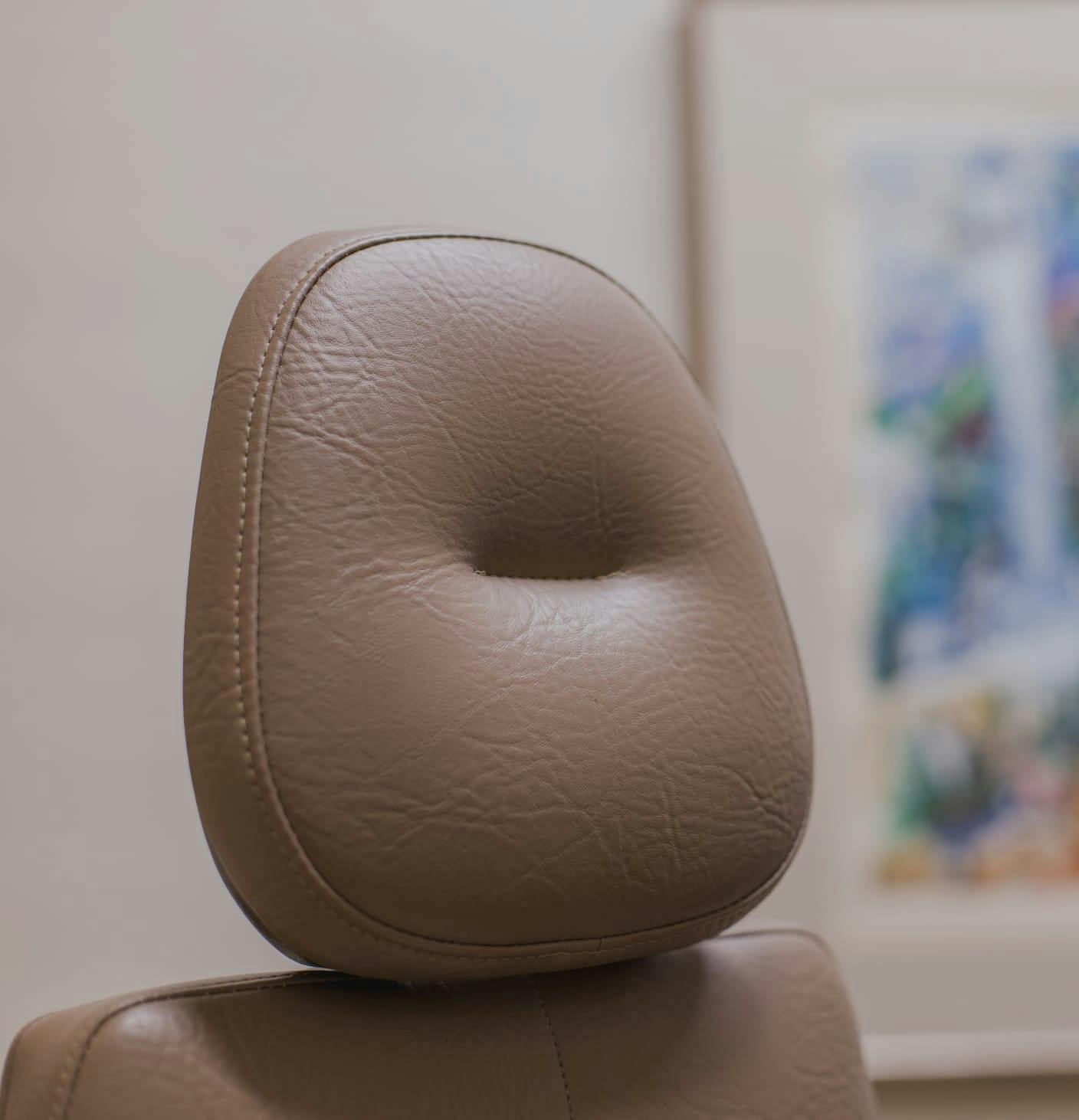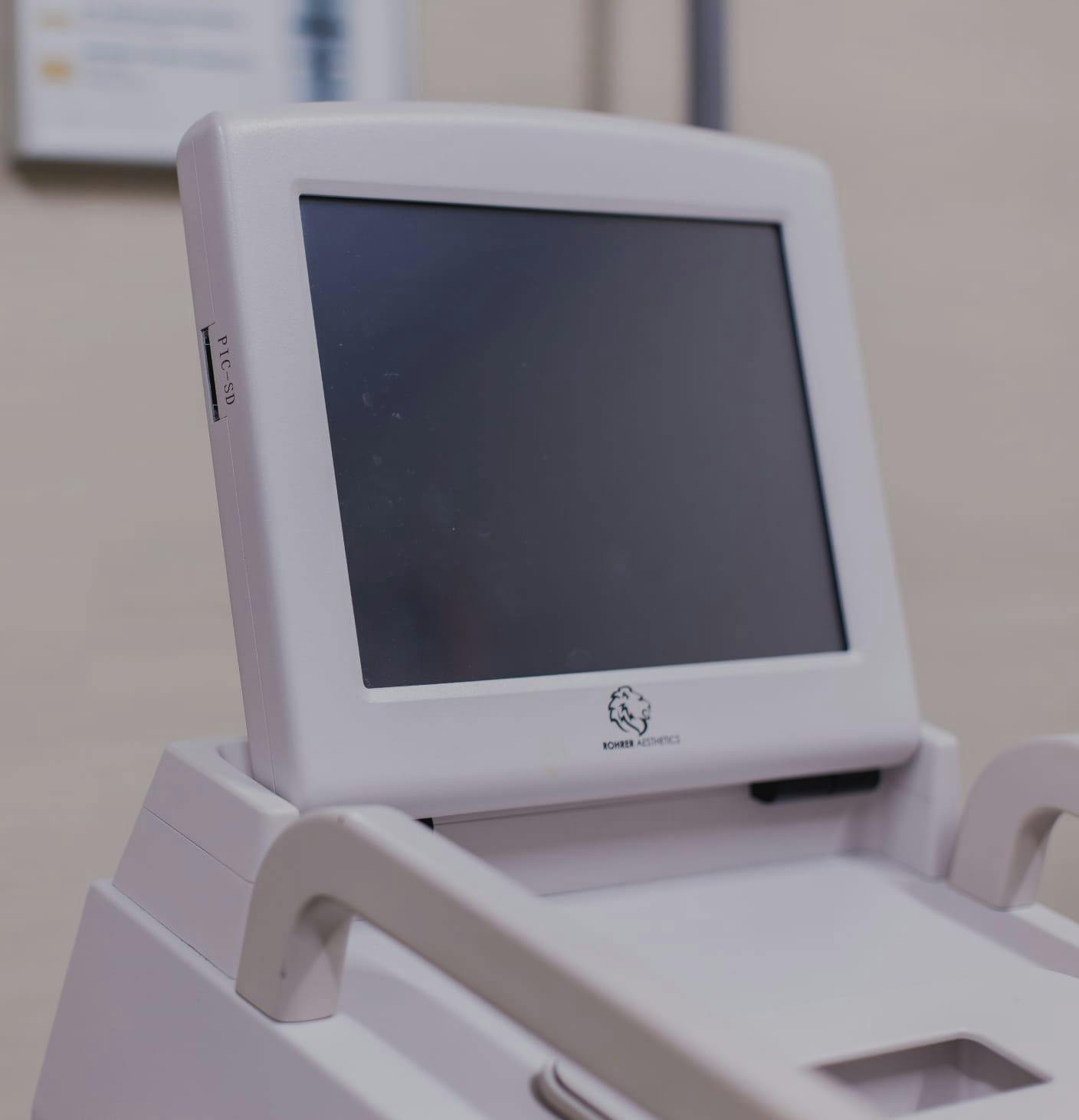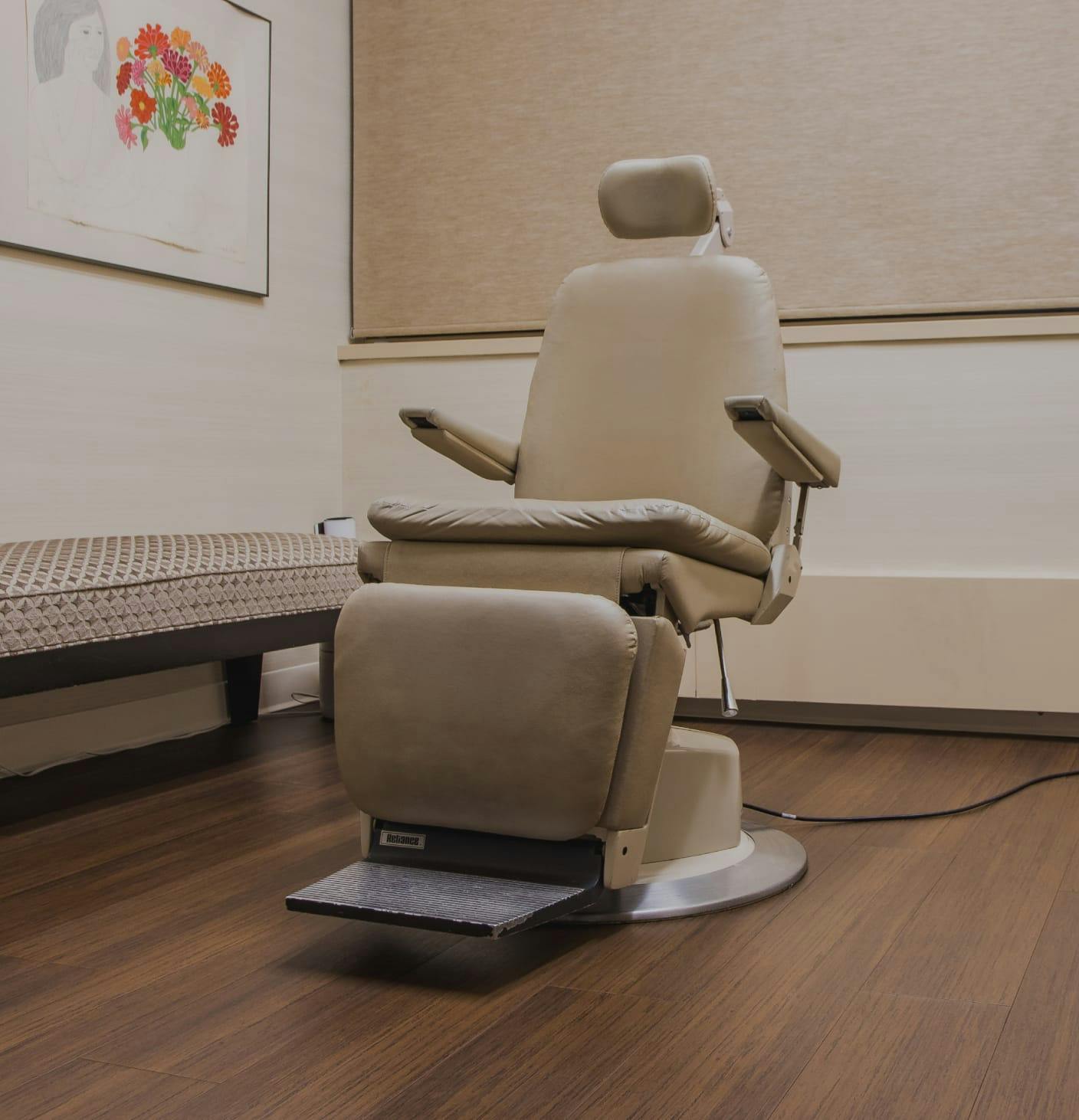Transform your skin’s texture and tone with our chemical peels at Glasgold Group Plastic Surgery in Princeton, NJ. These peels effectively tackle signs of aging, sun damage, and blemishes, revealing rejuvenated, glowing skin with a smoother, clearer complexion.
What Is a Chemical Peel?
A chemical peel is a skin-enhancing procedure that employs a chemical solution to enhance the outer layers of the skin. It can be used to reduce age spots, acne scars, uneven skin tone, and cold sores. The solution removes dead skin cells and reveals new healthy skin underneath.
Chemical peels can range from light to deep, depending on the desired result. Light peels use alpha hydroxy acids such as glycolic acid or lactic acid to remove superficial layers of the skin. These are often used for reducing wrinkles, fine lines, and dark spots. Deeper peels, use trichloroacetic acid (TCA) or phenol for more severe sun damage or acne scarring.
Deep chemical peels have the most dramatic results, but they may require sedation or topical anesthetic due to their intensity. It is important to consult with a licensed esthetician before undergoing any type of chemical peel so that a proper consultation can be performed and realistic results can be achieved safely and effectively.








